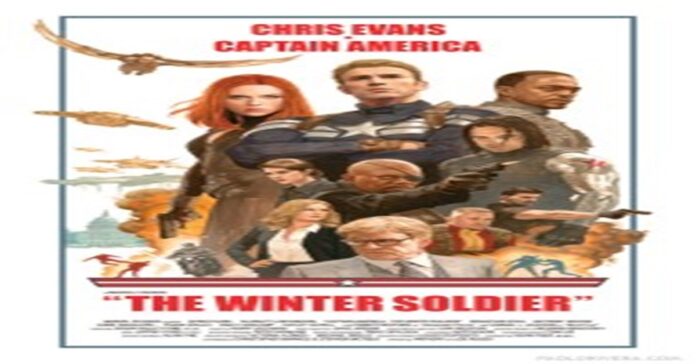I must admit that I haven’t watched enough recently released films this year to create a traditional Top 10 movies list, which wouldn’t have been the case a few decades ago. Instead, I’m presenting a Top 10 list of movies I viewed for the first time in 2014.
I saw a couple of these films during their original theatrical releases (it will be clear which ones), but the rest I watched either on DVD or through online streaming.
Here are my personal picks for the top ten films I had the pleasure of discovering in 2014, listed in the order of their original production.
Also Read More: Janel Grant Religion: Is She Christian Or Jewish? Ethnicity And Origin
Top 10 Movies: Love is a Racket (1932)
William Wellman had a successful run at Warner Brothers during the pre-Code era.
The year prior, he directed the iconic gangster film The Public Enemy, which launched James Cagney’s career, and the even more intense thriller Night Nurse, featuring a bold performance from a young Barbara Stanwyck and a menacing Clark Gable.
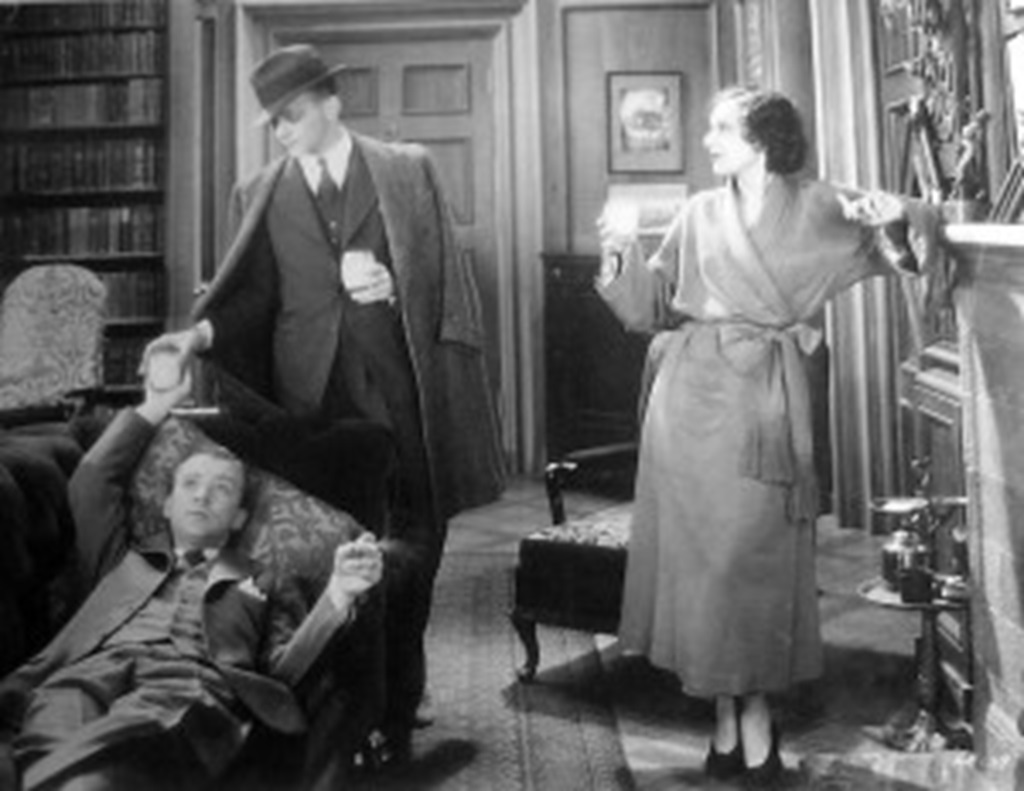
Love is a Racket is a darkly humorous comedy-thriller with Douglas Fairbanks Jr. playing Jimmy Russell, a New York gossip columnist inspired by Walter Winchell, who mingles with all levels of Manhattan society, from the elite to the criminal underworld.
Jimmy becomes infatuated with an aspiring actress (Frances Dee) to the extent that he’s willing to risk everything, including covering up a murder, to save her from a sleazy mobster (Lyle Talbot) who is attempting to blackmail her.
The standout performances in the film are by Lee Tracy and Ann Dvorak, who play Jimmy’s closest friends.
Northern Pursuit (1943)
Warner Brothers had a knack for replicating and often enhancing box office hits. They were known for their version of successful films, as seen in their adaptation of Algiers, which resulted in the classic movie Casablanca.
Northern Pursuit, the fourth collaboration between director Raoul Walsh and actor Errol Flynn, was Warner Brothers’ response to British filmmaker Michael Powell’s 49th Parallel, a Canadian-set anti-Nazi propaganda action-adventure.
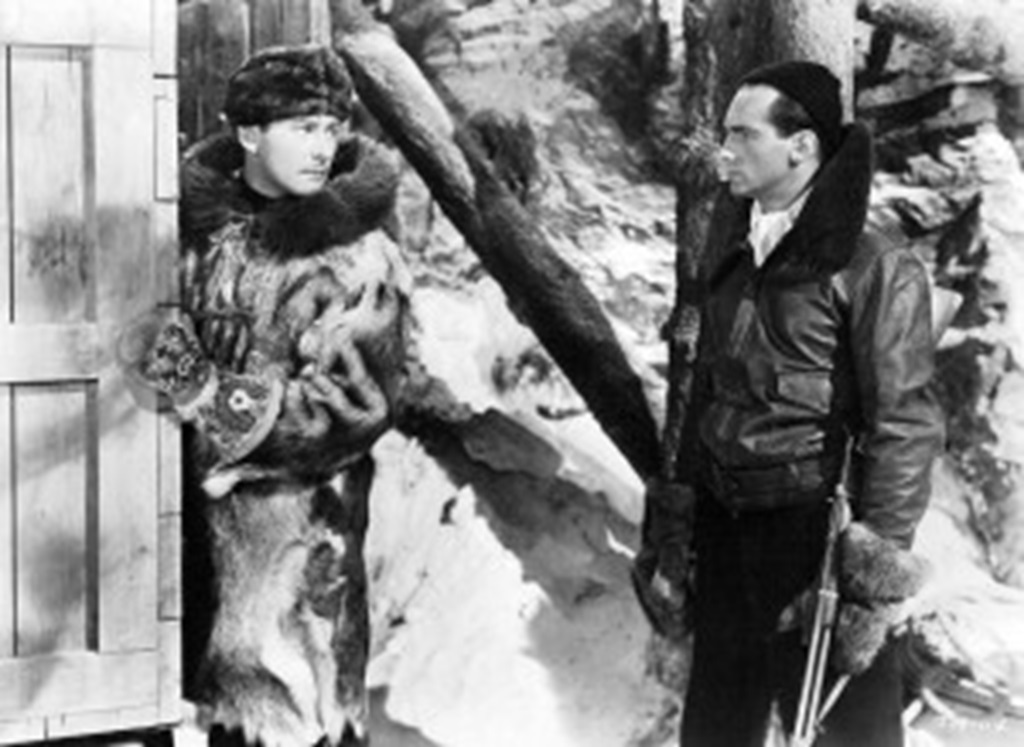
In the film, Flynn portrays a member of the Royal Canadian Mounted Police who feigns sympathy for the Germans to infiltrate a group of Nazis dispatched to carry out sabotage at the Canadian-American border.
Like Walsh and Flynn’s earlier World War II adventure Desperate Journey, the film maintains a rapid pace.
Cloak and Dagger (1946)
In 1933, when the German Minister of Propaganda Joseph Goebbels offered filmmaker Fritz Lang a chance to work for the Third Reich, Lang, being Jewish, chose to leave Germany.
Lang’s aversion to the Nazis inspired him to create a series of anti-Nazi espionage melodramas, including Man Hunt (1941), Hangmen Also Die! (1943), Ministry of Fear (1944), and arguably the most notable, Cloak and Dagger.
Starring Gary Cooper as a nuclear scientist, the film follows his offer to go behind enemy lines to rescue a colleague before the Gestapo can acquire the information needed to build an atomic bomb.
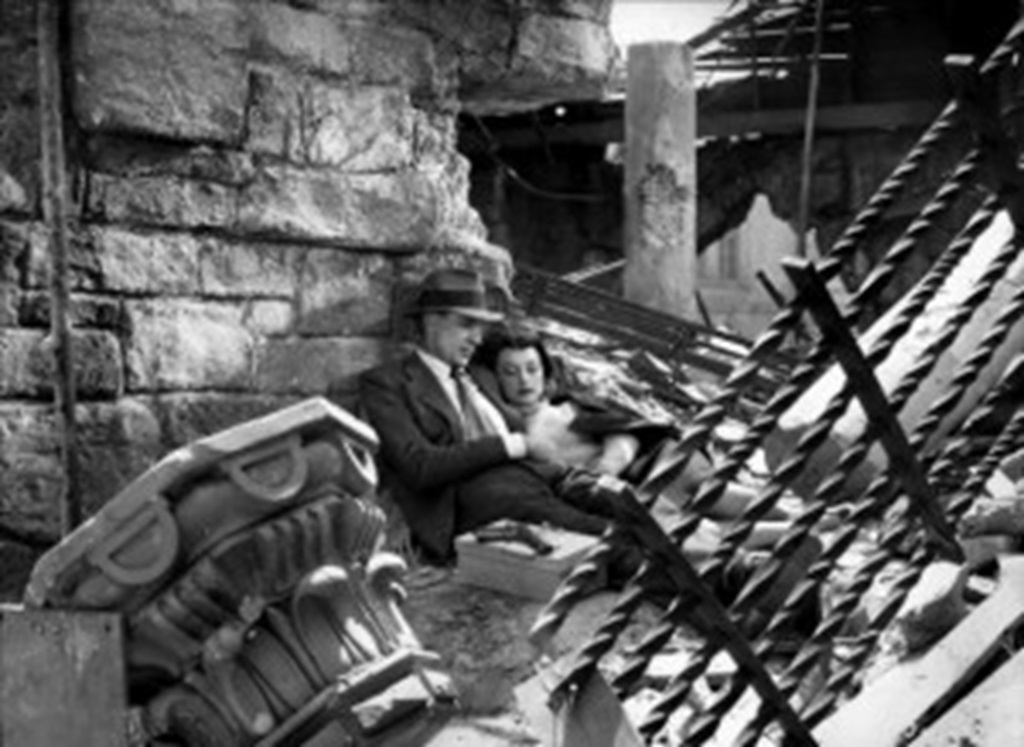
Despite the expected critiques about miscasting, the college-educated Cooper delivers a convincing portrayal as a nuclear scientist.
The film’s most acclaimed scene is the intense hand-to-hand fight between Cooper and Marc Lawrence, portraying an Italian Nazi agent, characterized by real pain and brutal tactics rather than Hollywood’s typical choreographed punches.
The opening dialogue, where Cooper expresses concerns about any nation possessing the bomb, likely contributed to the persecution of the movie’s screenwriters, Albert Maltz and Ring Lardner Jr., by the HUAC.
Crime Wave (1954)
Directed by Andre De Toth on a shoestring budget and predominantly filmed on real Los Angeles locations in just 13 days, Crime Wave embodies the quintessential film noir elements and more – it’s quick, brutal, and impactful.
Gene Evans, known for his musical talents, takes on a different role as an ex-convict newlywed striving to live an honest life with the support of his wife (Phyllis Kirk) while being threatened by a group of former criminal associates, two of whom have recently escaped from prison.
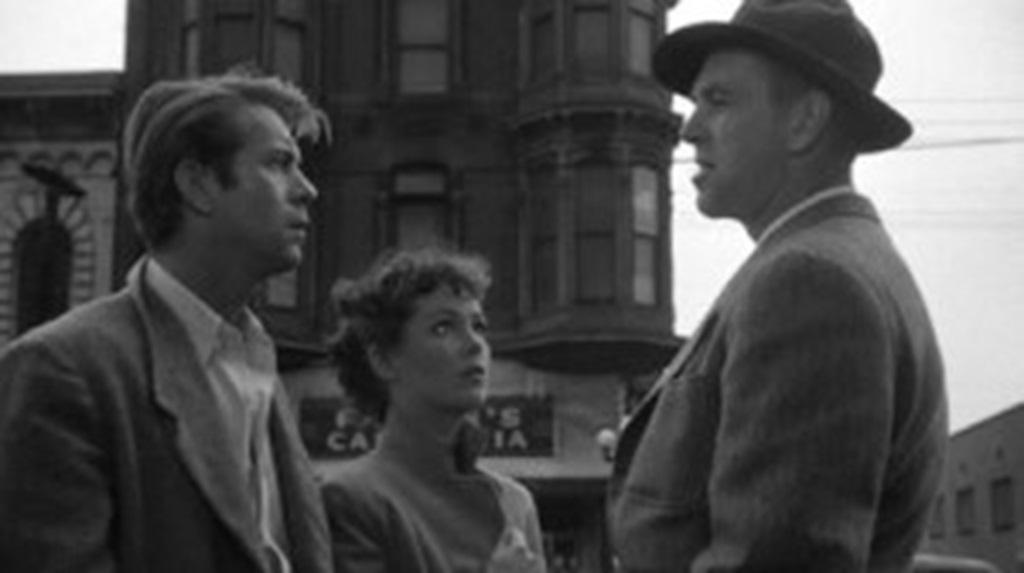
The film features exceptional noir antagonists in Ted de Corsia, Charles Bronson, and Timothy Carey.
Sterling Hayden delivers a commanding performance as an uncompromising homicide detective who relentlessly pursues Evans’ character, akin to Javert pursuing Jean Valjean.
The Lone Ranger (1956)
During the past 33 years, there have been two unsuccessful endeavors to adapt the iconic western hero, the Lone Ranger, for the big screen – the comical The Legend of the Lone Ranger (1981) and the even more calamitous Disney production The Lone Ranger (2013).
In contrast, the 1956 cinematic adaptation of the television series, featuring the definitive Lone Ranger and Tonto portrayed by Clayton Moore and Jay Silverheels, succeeded where the others faltered.
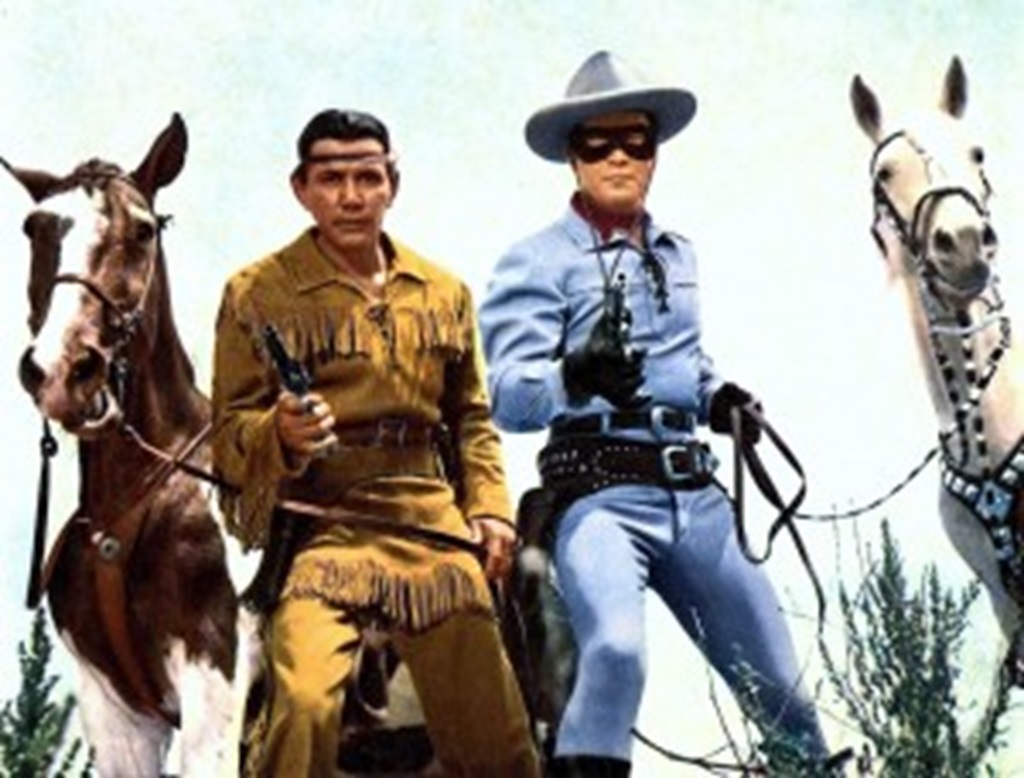
Directed by Stuart Heisler, with a script by Herb Meadow, and boasting splendid Warnercolor cinematography by Edwin DuPar along with a spirited score by David Buttolph, The Lone Ranger is a delightful Saturday matinee feature for “kids of all ages.”
In her final screen role, former child and teenage star Bonita Granville (the wife of the movie’s producer, Jack Wrather) plays the wife of the film’s main antagonist, Lyle Bettger. The equally detestable “dog villain,” portrayed by Robert Wilke, epitomizes pure evil.
Both Moore and Silverheels are given opportunities to shine; Tonto narrowly escapes a lynch mob on his own, and periodically the Lone Ranger assumes the guise of a grizzled old man.
It’s evident that Moore thoroughly enjoyed portraying this comedic alter ego.
The Hanged Man (1964)
The Hanged Man, directed by Don Siegel for Universal, was actually the first made-for-TV movie by default after NBC rejected Siegel’s previous film The Killers (1964), which was also intended for television but was deemed too violent and therefore released theatrically by the studio.
The movie, based on Dorothy B. Hughes’ novel Ride the Pink Horse, features Robert Culp as a jaded gunman seeking vengeance for his friend’s murder by blackmailing his former employer, Edmund O’Brien, who is facing congressional investigation for racketeering.
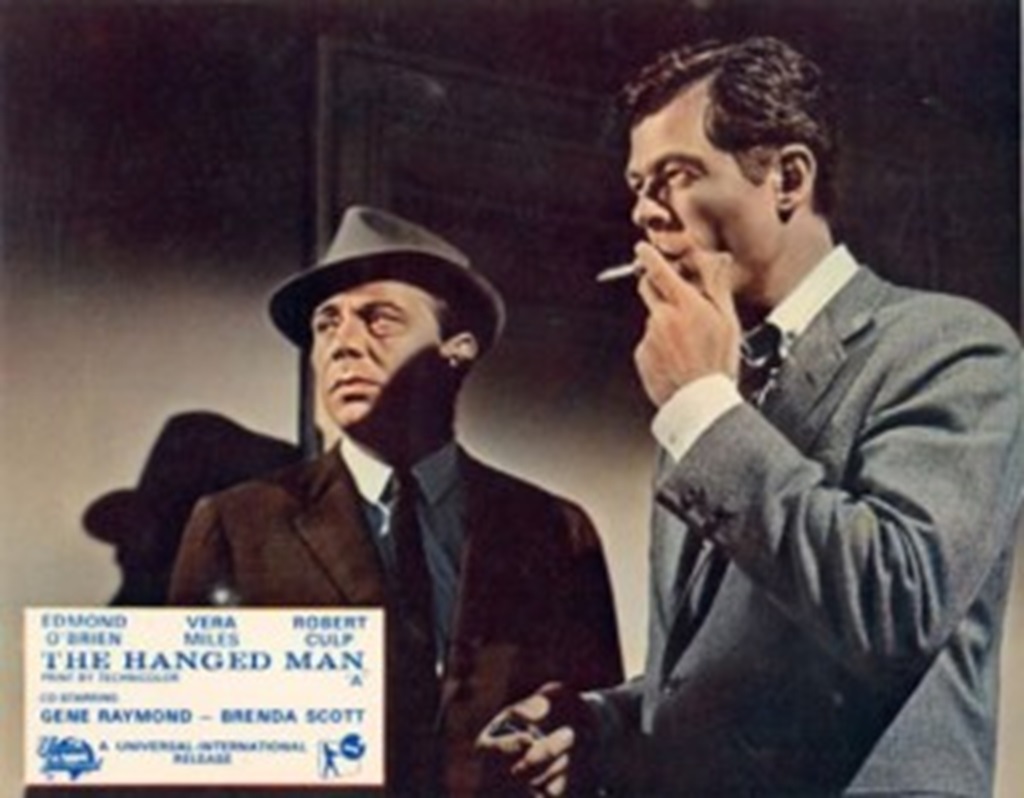
With a supporting cast that includes J. Carroll Naish, Norman Fell, and Vera Miles as the classic noir femme fatale, The Hanged Man showcases Siegel’s ability to overcome significant challenges on a limited budget.
Universal stipulated that the remake be set in New Orleans during Marti Gras, a condition Siegel met by utilizing only one street on Universal’s backlot and copious stock footage.
The film is also a treat for jazz enthusiasts, featuring a score by Benny Carter and on-screen appearances by Stan Getz and Astrud Gilberto.
The Yakuza (1974)
While the young and intense Robert Mitchum of the 1940s and 50s was compelling, the older, more world-weary Mitchum of the 70s and 80s offered an even more captivating and multi-layered portrayal.
In The Yakuza, directed by Sydney Pollock and scripted by Robert Towne and the Schrader brothers, Mitchum delivers what could be considered the pinnacle of his career.
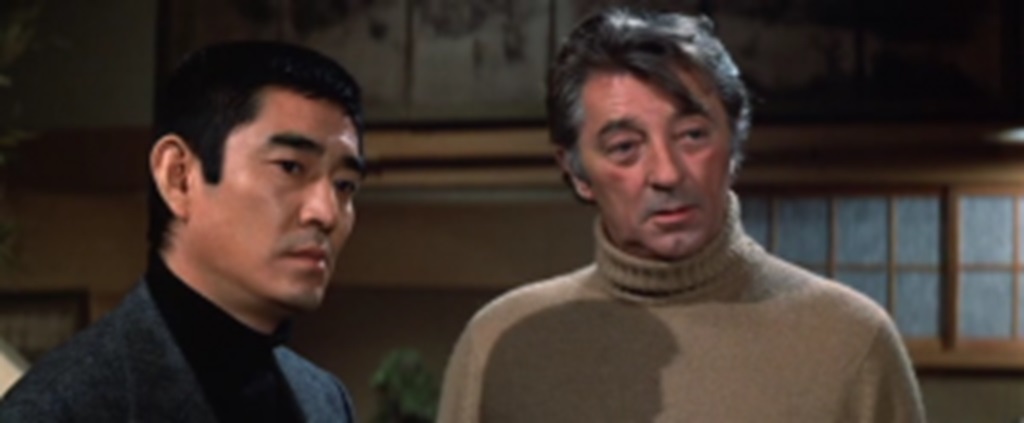
Portraying an ex-cop turned private investigator who revisits Japan for the first time since the aftermath of World War II at the behest of an old friend (Brian Keith) seeking help to rescue his daughter from a crime syndicate.
In Japan, Mitchum encounters betrayal from those he trusts but finds an unexpected ally in a former adversary (Ken Takakura, making his American film debut and matching Mitchum’s commanding screen presence).
According to Stuart Galbraith IV, founder of World Cinema Paradise and a long-time resident of Japan, The Yakuza is regarded as one of the best Hollywood productions accurately depicting Japanese culture and behavior, and it continues to be highly esteemed in Japan.
Much Ado About Nothing (2013)
Just like Alfred Hitchcock decided to follow his most expensive picture ever, North by Northwest (1959), with his lowest-budgeted American film, Psycho (1960), Joss Whedon followed his most expensive movie to date, The Avengers (2012), with this self-financed adaptation of one of William Shakespeare’s best comedies.
Shot in black & white on the grounds of his own manor in just 12 days during a brief vacation in between the principal photography and post-production of The Avengers, Whedon’s modern-day take on the Bard is a veritable love letter to classic cinema.
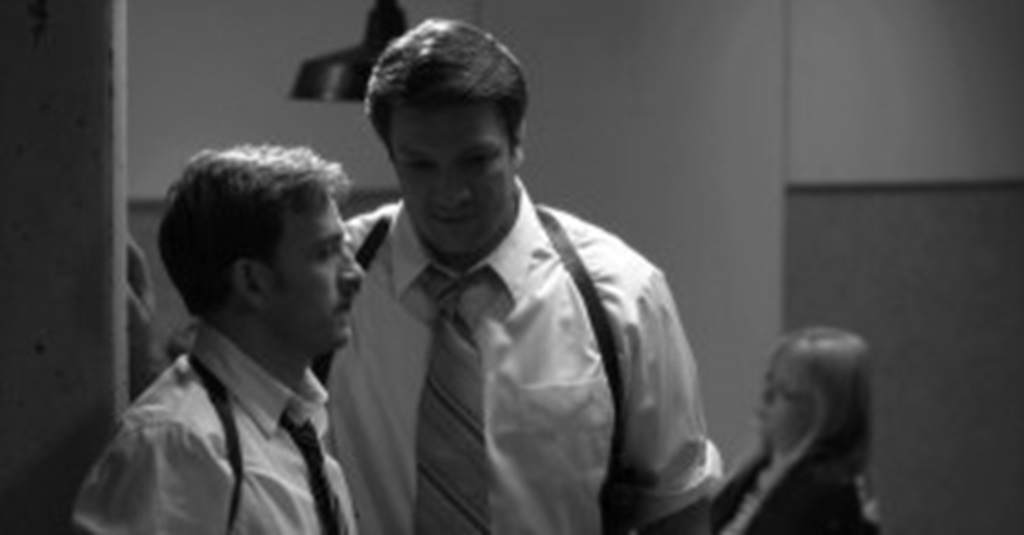
Amy Acker and Alexis Deniof are wonderful as Beatrice and Benedict, Shakespeare’s urbane they-fight-so-much-that-they-must-be-in-love sophisticates, which became the archetypes for so many latter-day Hollywood screwball comedies.
And sheer, out-loud belly laughs are provided by Nathan Fillion (as Dogberry), and Tom Lenk (as Vargas), who manage to lampoon CSI-style TV cop show while channeling Laurel and Hardy’s physical schtick.
(Fillion’s underplayed rendition of Dogberry’s “I am an ass” speech is the movie’s most sublime moment.)
Captain America: The Winter Soldier (2014)
This sequel to Captain America: The First Avenger (2011) demonstrated that Marvel/Disney superhero movies could address weighty themes without the ponderousness and overly serious tone often associated with DC/Warners’ counterparts.
The film tackles America’s increasing militarization in response to post-9/11 fears, with Captain America (Chris Evans) critiquing an aggressive anti-terrorist weapons program promoted by a conservative senator (portrayed by Robert Redford), stating, “This isn’t freedom, this is fear.”

The movie deliberately pays homage to the political thrillers of the post-Watergate era. Beyond its social commentary, the film is an exhilarating action-adventure, with Captain America receiving support from fellow superhero Black Widow.
And the highest levels of the US military and government. The directors, Anthony and Joe Russo, maintain a breakneck pace, prioritizing practical effects over CGI, until the climactic CGI-laden finale.
Guardians of the Galaxy (2014)
Critics who had long been skeptical of Marvel/Disney blockbusters anticipated that Guardians of the Galaxy would be Marvel Films’ first box-office failure due to its basis on an obscure comic book series.
However, the movie defied these expectations and emerged as the highest-grossing film of 2014.
Most of the credit for the success of Marvel’s initial comedy film goes to director-writer James Gunn’s unique sense of humor.
Gunn’s distinct style resonated with Marvel Films creative overseer Joss Whedon, who urged Gunn to infuse more of his signature style into the script.
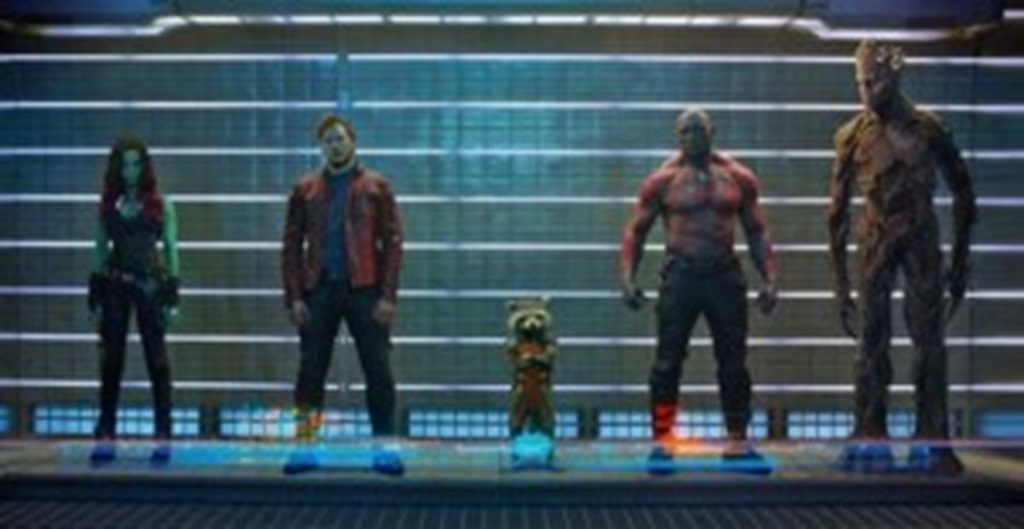
The film’s whimsical tone is established in the opening credits as Chris Pratt’s character, Peter Quill, dances through a desolate, rain-soaked planet to the tune of Redbone’s 1974 hit “Come and Get Your Love.”
The ensemble cast, including Zoe Saldana, Dave Bautista, Vin Diesel, and Bradley Cooper, play their roles with a tongue-in-cheek approach, portraying a group of mismatched, self-appointed “guardians” who are actually a band of intergalactic criminals and con artists.
Also Read More: Is Bruce Springsteen Weight Loss Linked To Peptic Ulcer Disease? Before And After

